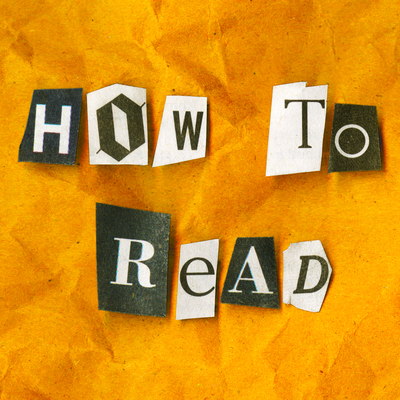Reading today is typically silent – whether reading a book in a library or reading messages on our phones, we don’t expect the activity to be noisy. At most, we expect the sound of a page quietly turning. But Andrew Albin is interested in the medieval period, when books made all kinds of sounds. Medieval books were noisy: they crackled and creaked, and were usually read aloud (even in private). Andrew argues that we should think of medieval books not just as objects to look at, but as a kind of musical instrument that needs a reader to bring its sounds to life.
Tag: poem
We may think of reading and writing as opposite activities, but there’s a long history of people reading with blank books by their side so they could write out their favorite passages as they went. Deidre Lynch is interested in what these homemade books can tell us about the people who filled them up. Like someone’s Pinterest board or Tumblr blog today, these curated collections of words told a story about a person’s individual identity. Beyond that, they could also tell the story of relationships within a social group, with many people contributing extracts to a single book.
Many poems speak to a “you” who is not you the reader. And when a poem addresses an inanimate object – like an urn or even a bar of soap – it’s especially clear that readers aren’t being addressed directly. But Jonathan Culler argues that these poems do address their readers, it’s just indirect. Poems that address goddesses, fictional characters and even inanimate objects allow readers to relate to the “you” and the “I” of a poem in complex, fluid and surprising ways.
